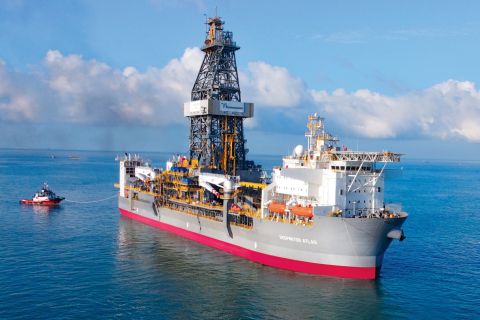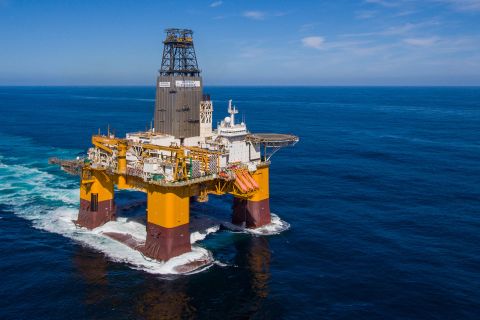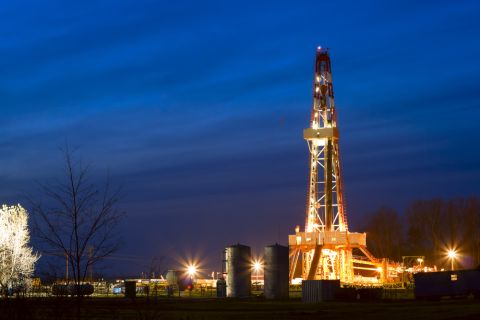To ensure that the Executive MBA in Energy program (EMBA) at The University of Oklahoma, which started in 2014, could develop both practical tools and conceptual thinking in its students, Dipankar Ghosh, executive director, asked university alumni and energy, “If I want to build a successful specialization in energy, what topics should I cover?” He received enthusiastic answers. “From 40 pages of notes,” he said, “came the first seven courses.”
Deep industry knowledge is ingrained in the EMBA’s 15-month, 22-course curriculum, most of which is online but includes three face-to-face residencies, two in Oklahoma and one in Europe (split between Amsterdam and London). “Having knowledge of the industry is crucial,” Ghosh said. “That’s how the executive part of the program came into play.”
The average EMBA student has a minimum eight years of industry experience, and you must have at least three years in the energy industry to be admitted; some students are already vice presidents or one step below. “After seven or eight years of experience, you generally know a person’s trajectory, and that’s how the eight-year requirement came into being,” Ghosh said.
“Of my 23 instructors, 10 of them are from the industry,” he continued. “A vast majority of those 10 have C-suite backgrounds.”
The program’s high-level discussion addresses the entire energy value chain, not just a particular sector. “To understand the industry holistically,” Ghosh said, “you must see all aspects of it. You must be able to think not just about specific tools but also abstractly about concepts.”
In addition, he said, “You also must have a global perspective; hence, we not only have one of the modules delivered internationally, we have a course which is very heavy in international perspective, and international topics are scattered throughout the program.”
He described a recent guest speaker to illustrate this approach: “They were from one of the top boutique M&A advisory firms in the U.K., with billions of dollars in business in the last five years; my question to them was, ‘When you advise your clients, what are the factors you look at, and why do you look at them?’ I want to understand the thought process, not just the mechanics that they practice, anybody can do that.”
The program also critically assesses new developments in energy. “The Amsterdam part of the international residency was added only in 2018, because the Netherlands is going through the energy transition, trying to decarbonize their environment. So what is the government doing, what are the policies there, what are companies doing to adapt? These are things that people in the U.S., even people in the hydrocarbon industry, need to be cognizant of.”
Ultimately, the EMBA is entirely energy-specific. Unlike many MBA programs, which offer energy concentrations via electives, “there are no energy electives,” Ghosh said. “All of the courses you take are only for the energy program, and everyone in the classroom is only from this particular energy program.” It truly is all energy, all of the time.
Recommended Reading
Rystad: More Deepwater Wells to be Drilled in 2024
2024-02-29 - Upstream majors dive into deeper and frontier waters while exploration budgets for 2024 remain flat.
Less Heisenberg Uncertainty with Appraisal Wells
2024-03-21 - Equinor proves Heisenberg in the North Sea holds 25 MMboe to 56 MMboe, and studies are underway for a potential fast-track tieback development.
Evolution Petroleum Sees Progress on SCOOP/STACK, Chaveroo Operations
2024-03-11 - Evolution expects to participate in future development blocks, holding in aggregate over 70 additional horizontal well locations.
Comstock Continues Wildcatting, Drops Two Legacy Haynesville Rigs
2024-02-15 - The operator is dropping two of five rigs in its legacy East Texas and northwestern Louisiana play and continuing two north of Houston.
E&P Highlights: April 15, 2024
2024-04-15 - Here’s a roundup of the latest E&P headlines, including an ultra-deepwater discovery and new contract awards.





